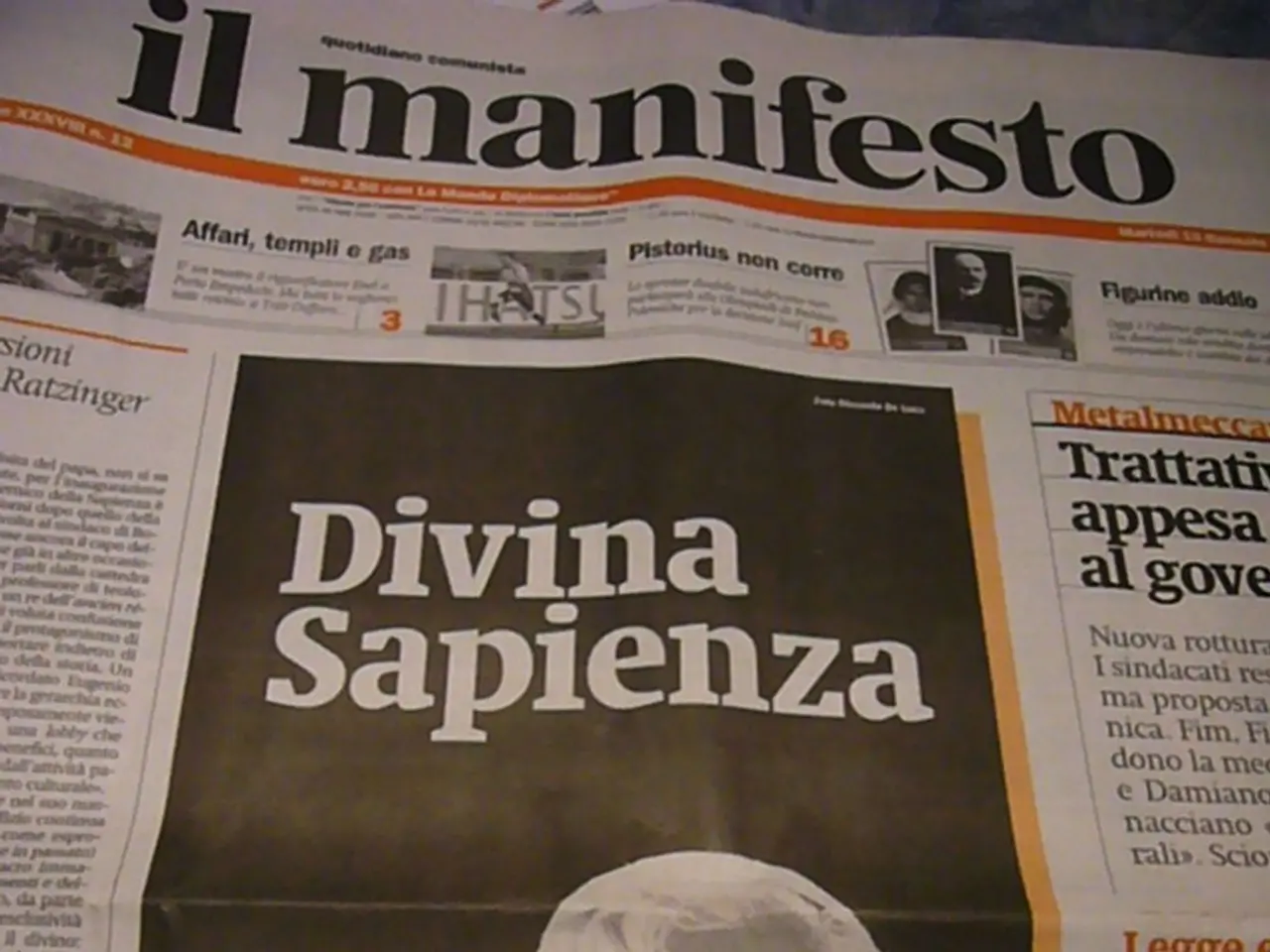Adapting Journalism Amidst Rapid Evolution in Media Industry
Deborah Blum: Advocating for Ethical and Accessible Science Journalism
Deborah Blum, the director of the Knight Science Journalism Program at MIT, is a prominent figure in the field of science journalism. Blum's work is centred around the belief that reporters and news consumers both have critical roles in understanding complex and uncomfortable news, particularly in science journalism.
Blum emphasizes the importance of science literacy, arguing that it is essential for newsrooms and audiences alike because science intersects with everyday life and societal issues. She believes that the problem starts with education, which often fails to cultivate science-literate citizens, instead focusing only on training future scientists. This educational gap contributes to editorial blind spots where editors and journalists may feel uncomfortable or lack understanding of science, leading to siloed coverage isolated from broader societal contexts.
Blum advocates for science stories to be integrated into general news on how we live, work, and stay safe, making them more accessible and relevant to the public. She also highlights how audiences, particularly in smaller, rural areas, often miss out on science-aware journalism, leaving them vulnerable to misinformation and political narratives that cast doubt on science.
Blum sees the role of reporters as essential in bridging the cultural and educational divide around science. She encourages journalists to strive to present a balanced and fair perspective in their reporting, challenge their own biases and assumptions, and prioritize accuracy and transparency. She also advocates for fact-checking and verifying information before publishing and for journalists to be proactive in seeking out diverse sources and viewpoints.
Blum's commitment to reporting complex and potentially challenging news is evident in her work as the publisher of "Undark" magazine, a publication associated with her. Her views on journalism emphasize the importance of understanding the truth and being willing to report complex news, as well as being accountable to the audience. She also encourages news consumers to be critical and discerning in their consumption of news.
In summary, Blum's work underscores the importance of ethical journalism and the role of reporters in bridging the cultural and educational divide around science by embedding it into everyday news in an accessible way. Her views underscore the responsibility of both reporters and news consumers to understand the truth and to engage with that information critically to enrich public understanding and trust. This dynamic is crucial for tackling complex and uncomfortable topics like climate change and public health crises.
In line with her advocacy of science integration into everyday news, Deborah Blum advocates for science journalism to extend its reach to health-and-wellness and mental-health topics, ensuring individuals from all regions comprehend scientific advancements for their overall well-being. By fostering critical consumer engagement with accurate and accessible science news, Blum aims to strengthen public trust and promote informed discourse on relevant societal issues, such as climate change and public health crises.




